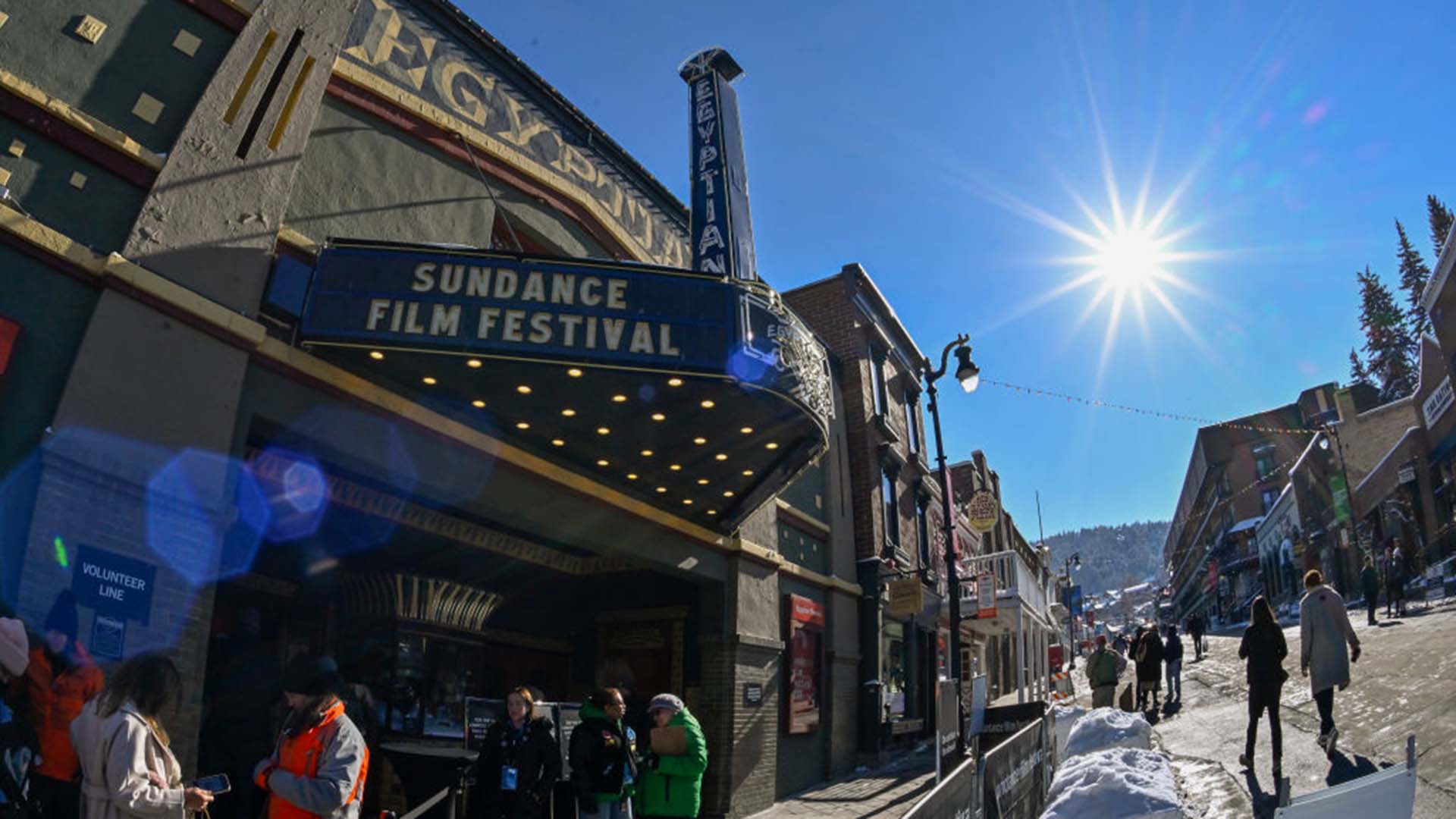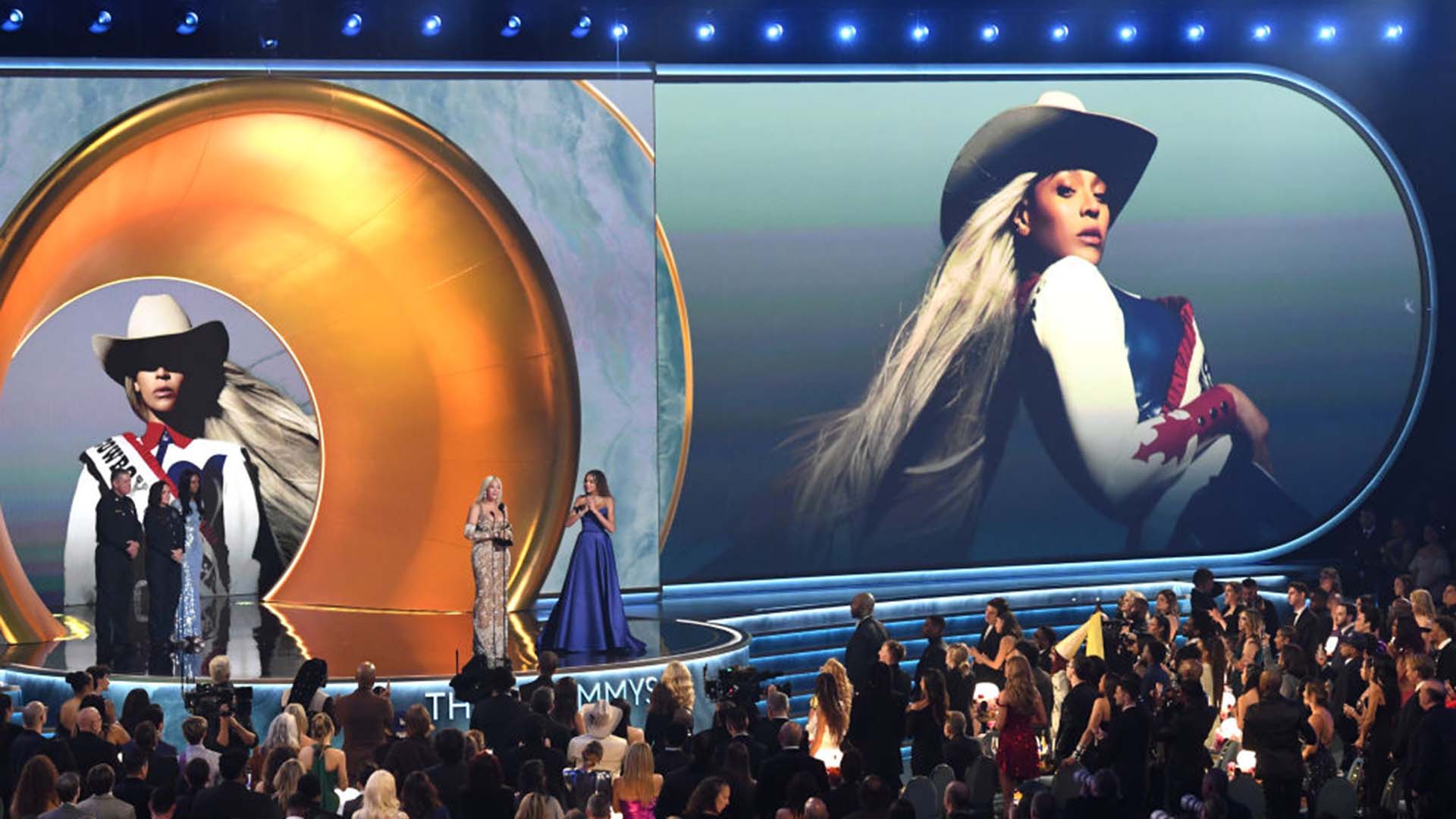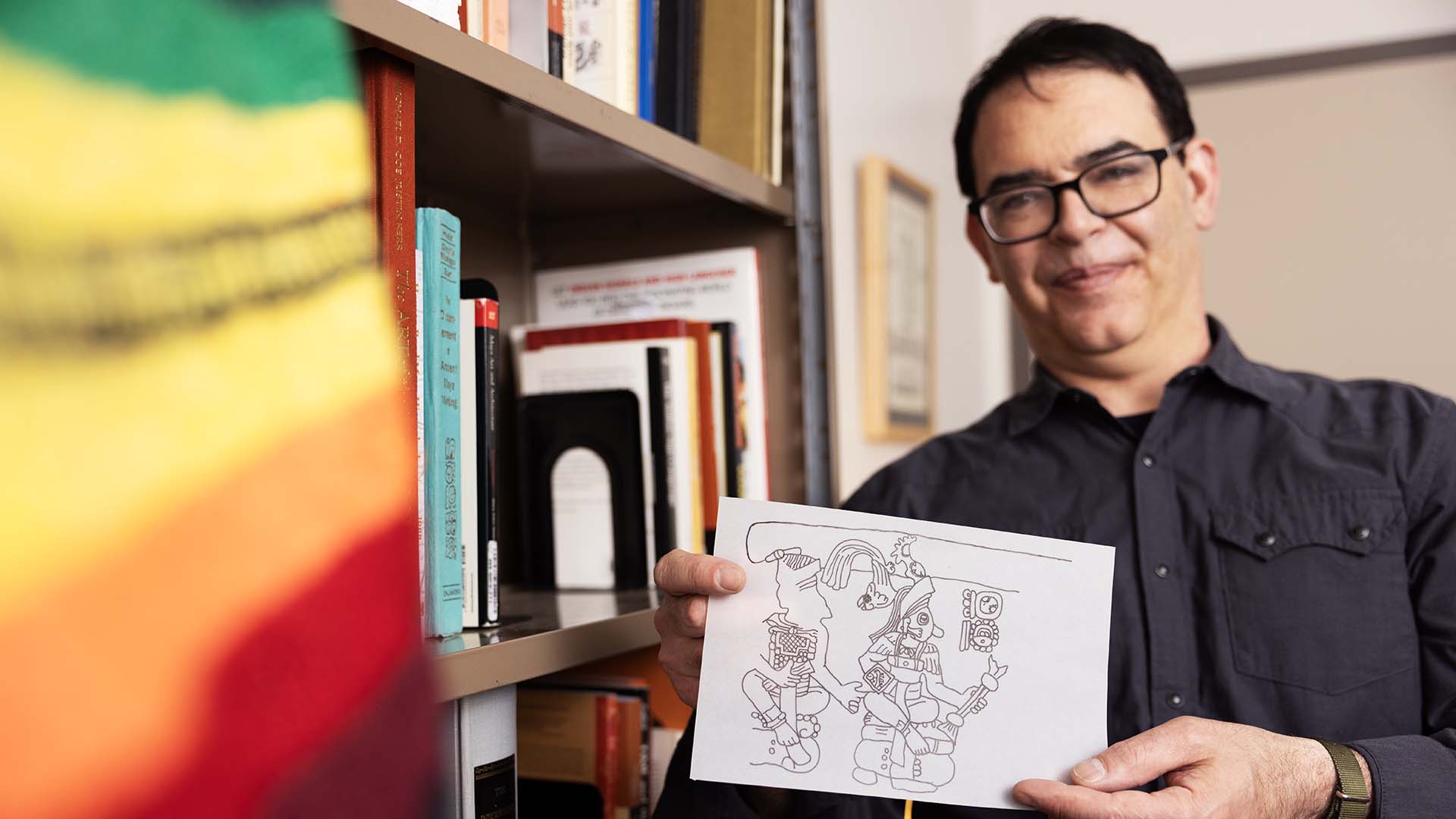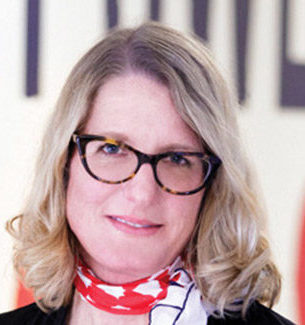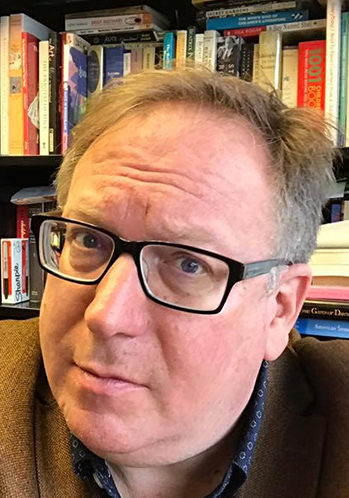Bridges, Bernie and building community
At 25, Symone Sanders became the youngest presidential campaign press secretary on record. Catch her on campus March 1.
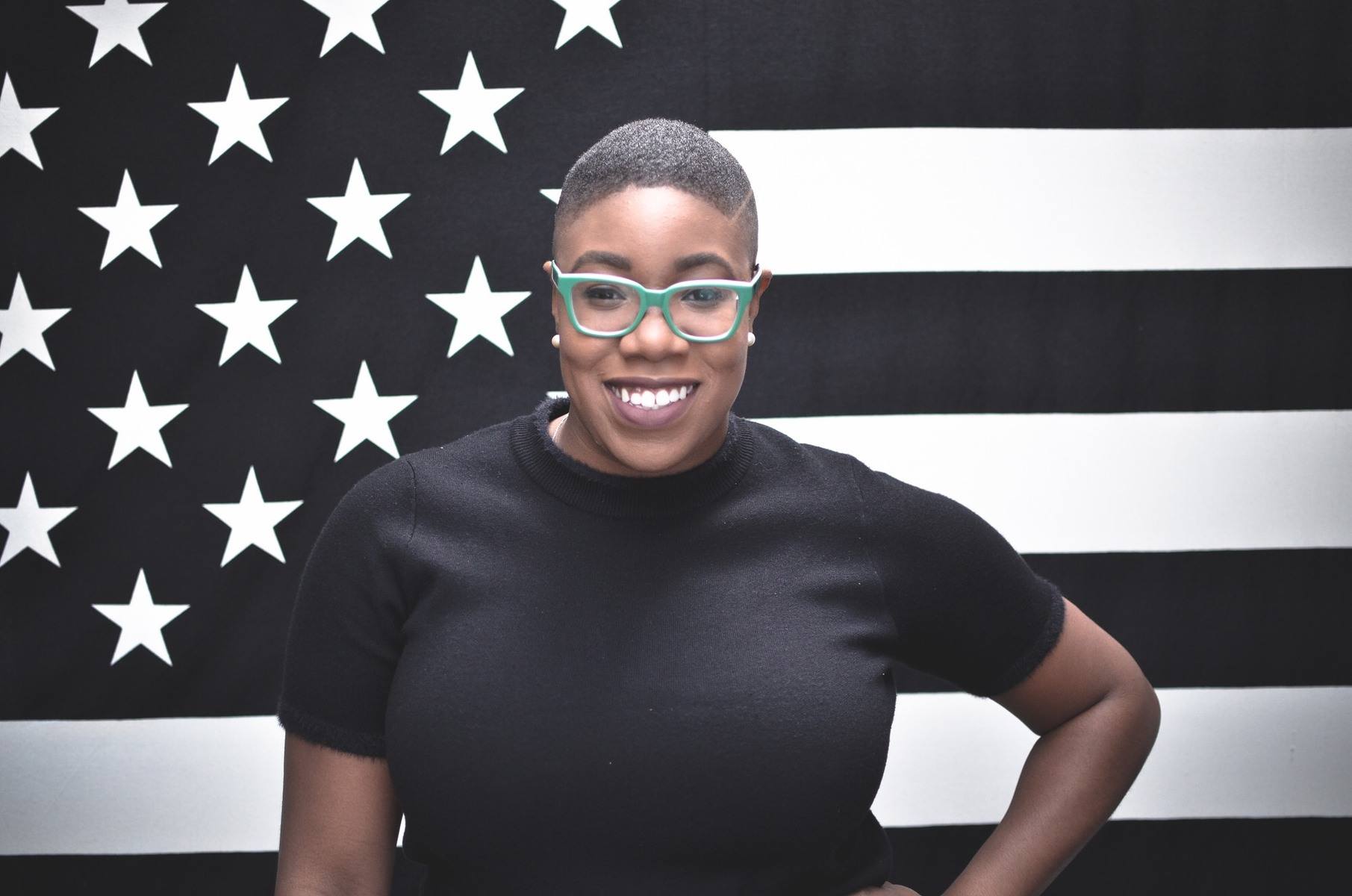
Political strategist and CNN commentator Symone Sanders rose to prominence as press secretary for U.S. Senator Bernie Sanders’ presidential campaign. She’s been featured in Rolling Stone magazine as one of 16 young Americans who shaped the 2016 presidential campaign. And as champion for building inclusive communities, she’s also the upcoming 2018 MSU Denver Bridge Speaker, one of the signature events of the Institute of Women’s Studies and Services.
You can catch her address, which is free and open to the community, at 11 a.m. March 1 in St. Cajetan’s. But before that, we had a chance to find out more about her motivation, the value of mentorship and the biggest challenge – and opportunity – facing society.
What drew you to work in political strategy?
Symone Sanders: As far back as I can remember I’ve been interested in politics. When I’d see candidates on television I’d wonder why what they were saying wasn’t applicable to me; that’s when I was drawn to the communications side. It’s important – you come up with a message, build talking points and deliver it out to a larger audience. I wanted to be part of putting that together to affect real change.
What is the value of mentorship?
SS: It’s absolutely important; I’ve had mentors, strong women in my life from the very beginning, starting with my mother.
It’s vital for young people to seek out the spaces they want to be in, regardless of the field they’re interested in. And the key is to show up in those places so folks can see you – you can’t wait for permission to activate and move yourself forward. You can’t do that if you’re not in the room – and it takes work to get into the room.
Why is it important for young people to see people who look like them in positions of leadership?
SS: Like the [civic organization] 100 Black Men says, “What you see is what you’ll be.” It’s keenly important that women and young folks of color see themselves in unlikely places and walk in purpose; it’s vital they understand just because they don’t see a lot of people who look like them in politics or on television that it doesn’t mean they’re not supposed to be there. I’m 28 – it’s important to realize you don’t have to wait to reach this imaginary milestone, or have to go to this prestigious school or that one to make change happen.
What does it mean to “Walk in purpose?”
SS: It’s asking “What do I truly want to be?” You need to be your authentic self in every space; that’s when you can ask yourself what you’re called to do. That could be dancing, teaching, writing, speaking – so many never find that because they don’t honor that authenticity to self.

What is (or can be) the role of higher education in advancing social awareness?
SS: We live in such polarized times, and college campuses are even more polarized – I see it as the role of institutions to create space to explore the depth and breadth of ideologies, high-level ones and clashing ones, and identify possible solutions. There’s no better place to do this than on college campuses.
How can college be a vehicle for economic transportation?
SS: I actually don’t believe it is the vehicle – maybe 30 years ago, the equation was that you go to school, go to work and make money, and you advanced from that. On the macro-level, that’s not true anymore; we know how many young people are graduating in debt from high-cost schools and having trouble finding jobs. It’s not the great equalizer it once was, but there’s opportunity for schools to be frank with students and help them tap into the innovation and creativity that’s vital today – and then help them turn that into a paycheck.
What do you see as the biggest issue facing contemporary society?
SS: One of the greatest challenges is that increased polarization I mentioned before. In many respects, we don’t speak to folks with different ideologies; that curbs innovation and doesn’t translate into bold, radical, revolutionary change.
That’s also our greatest opportunity: It’s an opportunity to push past these differences and come to the table with varying viewpoints – then translate that into real progress.
If you could go back to when you were first beginning your professional career, what’s one piece of advice you’d give your former self?
SS: Oh, I have a lot! One thing though would be to stay focused. I write everything down even before I know how to do it; that’s a constant reminder of why I’m doing what I’m doing. I had 27 interviews for campaigns when I started out and began asking myself “Am I supposed to do this?” During setbacks, writing things down is great way stay focused on what’s important.
Now in its 26th year, the Bridge Speaker event honors a dedicated African-American woman who speaks about her work and impact on our society, symbolizing the bridge between Black History Month in February and Women’s History Month in March.

